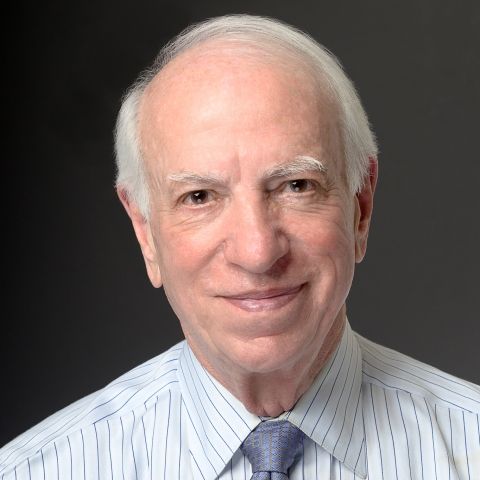
America’s Drug Policy: Time for Another Commission?
The time has come for establishing a national commission to examine the causes of the demand for drugs in the United States and to assess the efficacy of the nation's current policies for reducing this demand. I am a veteran of a national commission on this same subject, established by the Congress some 20 years ago. Chaired by former Governor Raymond P. Shafer of Pennsylvania, the National Commission on Marihuana and Drug Abuse was established in 1970 with a bifurcated statutory mandate-first to study marijuana and then to examine broader issues relating to the causes and consequences of drug use. The commission's report on marijuana, entitled Marihuana: A Signal of Misunderstanding, was issued in March 1972, and its final report, entitled Drug Use in America: Problem in Perspective, was issued a year later.
At the time the Shafer Commission was established, the nation was fighting two wars: one against the Vietcong in Southeast Asia and another against illicit drugs at home. It often seemed that the two wars were related because of the salient links between illicit drug use and antiwar protests, and the Nixon administration's interest in suppressing both. Not surprisingly, for the first time in the history of U.S. drug policy, the nation's response to illicit drug use was being directed from the White House.